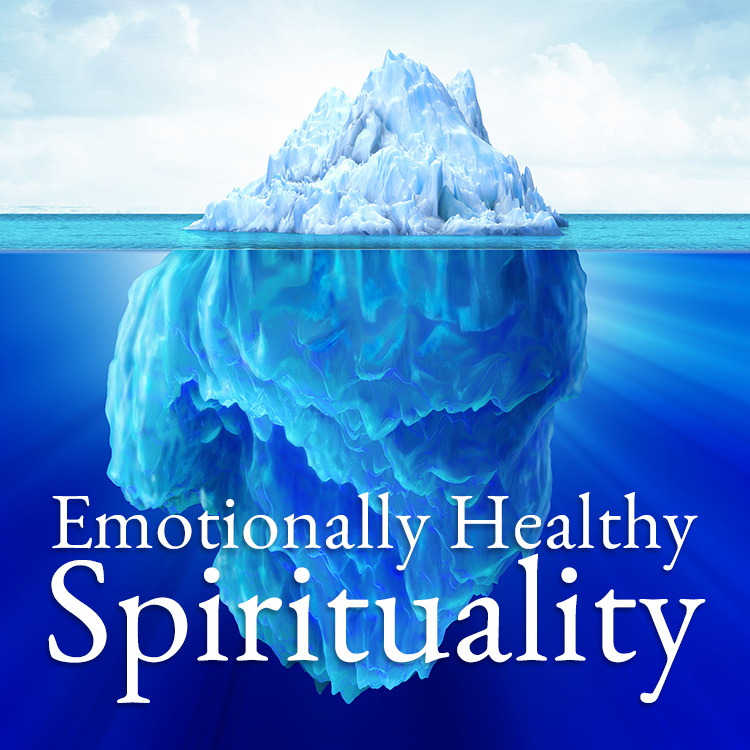
“Thus the heavens and the earth were finished, and all the host of them. And on the seventh day God finished his work that he had done, and he rested on the seventh day from all his work that he had done. So God blessed the seventh day and made it holy, because on it God rested from all his work that he had done in creation.”
Genesis 2:1-3
Sabbath. Rest. Stop.
We don’t often think about the Sabbath. Some Jewish and Christian traditions still keep the Sabbath, even worshiping on Saturdays, but these are largely outliers that make the rest of us think we are “normal” to ignore the many Bible verses that command the people of God to STOP once a week as a sign of our devotion to the Lord. Most of us rightly assume the ten commandments still apply to those who want to please God, but we tend to skip over number four, even though it has more words of explanation than any of the others.
“Remember the Sabbath day, to keep it holy. Six days you shall labor, and do all your work, but the seventh day is a Sabbath to the Lord your God. On it you shall not do any work, you, or your son, or your daughter, your male servant, or your female servant, or your livestock, or the sojourner who is within your gates. For in six days the Lord made heaven and earth, the sea, and all that is in them, and rested on the seventh day. Therefore the Lord blessed the Sabbath day and made it holy.”
Exodus 20:8-11
Notice the rationale for keeping the Sabbath: it is what God did in the creation week. He worked for six days, then He rested. Why do God-followers keep the Sabbath? Because our goal is to be like the Lord – to reflect His nature and glory to those around us. For thousands of years God’s people have demonstrated their holiness by protecting a day for worship and rest.
Are Christians free to not keep the Sabbath? One could argue along these lines, in the same way that Christians are free to not attend a worship service every Sunday of the year or free to not spend time in prayer every single day. These are good things believers should participate in, but are not meant to be burdensome regulations that come to dominate our lives. Along these lines most of us dismiss the Sabbath as an archaic teaching that simply isn’t relevant anymore.
Many believers think that Jesus Himself dismissed the Sabbath, since he often came into conflict with the Jewish leaders on this point. In Mark 2, for example, Jesus’ disciples were eating heads of grain on a Sabbath day and were criticized for doing so by the Pharisees. Here is Jesus’ response:
“And he said to them, ‘The Sabbath was made for man, not man for the Sabbath. So the Son of Man is lord even of the Sabbath.'”
Mark 2:27-28
After appealing to what King David did in an exceptional situation, Jesus summarized his view of the Sabbath in this key verse. “The Sabbath was made for man.” God designed a cycle of work and rest for people. The Sabbath was never intended to be a burdensome legal requirement. It was not meant to have layers of special rules and restrictions placed over it so that religious leaders could condemn and control the less educated. But it was also not meant to just be dismissed.
Jesus did not declare the Sabbath irrelevant, He established His authority over it (and everything else). Keeping Sabbath to worship Jesus and express our trust in Him is expected of all of God’s people and we ignore or rebel against it to our own detriment.

Pastor Pete Scazzero, who planted New Life Church in New York City in the 1980s and remains the pastor there today, began writing about Emotionally Healthy Spirituality in 2002 and has developed several helpful resources calling believers to honesty and rest. Pete and his wife, Geri, were outwardly very successful in their late 20s as church planters and kingdom workers. Their new church was growing with both an English and Spanish service. It was starting to plant new churches, in line with their original vision to reach and bless a poor and broken part of New York City. But even as their ministry appeared to flourish, their marriage and their hearts were falling apart. Geri said, “It felt like we were gaining the whole world but forfeiting our souls.” They tell their story in 12 minutes here:
For a more detailed audio message from Pete, click here. Better yet, order the book (linked above), which presents the story along with a pathway to change. The two “conversions” Pete describes were: 1) a conversion to total honesty and 2) a conversion to a sustainable pattern of work and rest.
Pete’s initial revelation was that “you can’t be spiritually mature if you are emotionally unhealthy.” As his marriage fell apart and his anger simmered to a boil every day he realized he was a spiritual child – he had not learned how to address his past, his feelings and therefore the many stresses of ministry. After intensive counseling for him and his wife, followed by a four month sabbatical, Pete and Geri went back to New Life and spent eight years living out the pattern that has become Emotionally Healthy Spirituality.
His second conversion came when they took another sabbatical to experience life in monastic settings all over the world. As they studied proven patterns of worship and prayer and experienced them first hand, they came back with the second half of EHS – the Daily Offices.
In short, the Daily Offices spread out what we tend to call our “devotions” from one block in the morning to 3-6 smaller blocks of time sprinkled throughout our day. They are an invitation to slow down – to establish a rhythm of walking with the Lord rather than constantly racing ahead of Him. Hear this invitation from the Lord Jesus:
“Come to me, all who labor and are heavy laden, and I will give you rest. Take my yoke upon you, and learn from me, for I am gentle and lowly in heart, and you will find rest for your souls. For my yoke is easy, and my burden is light.”
Matthew 11:28-30
